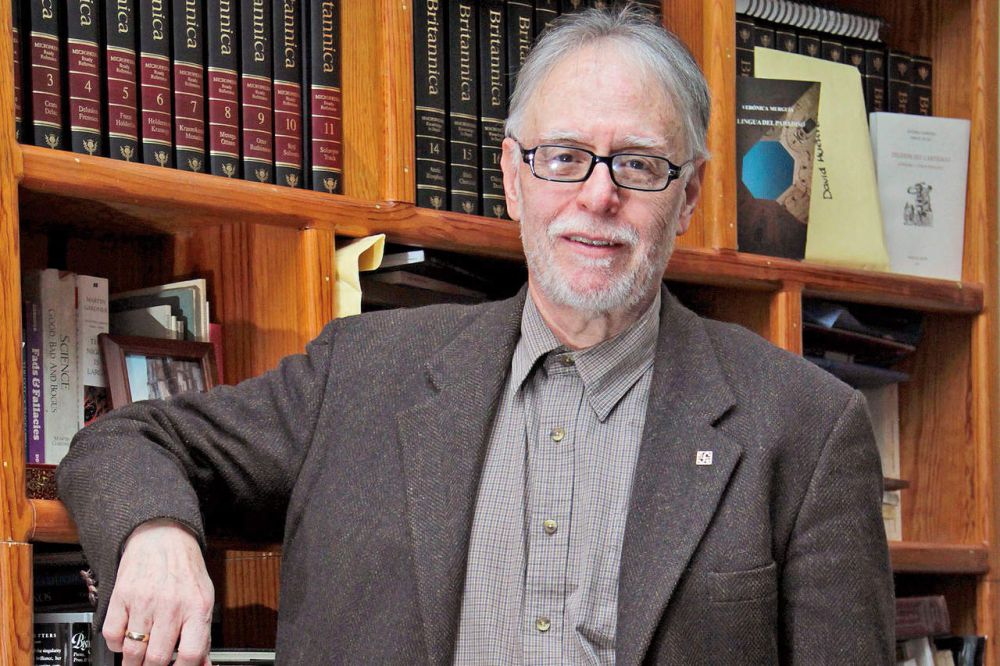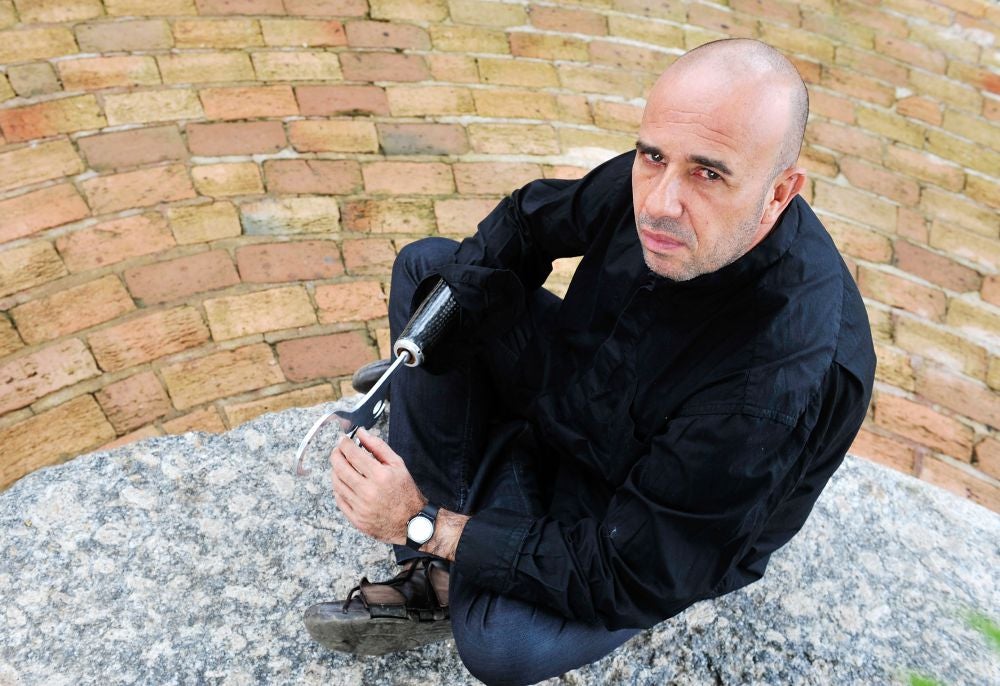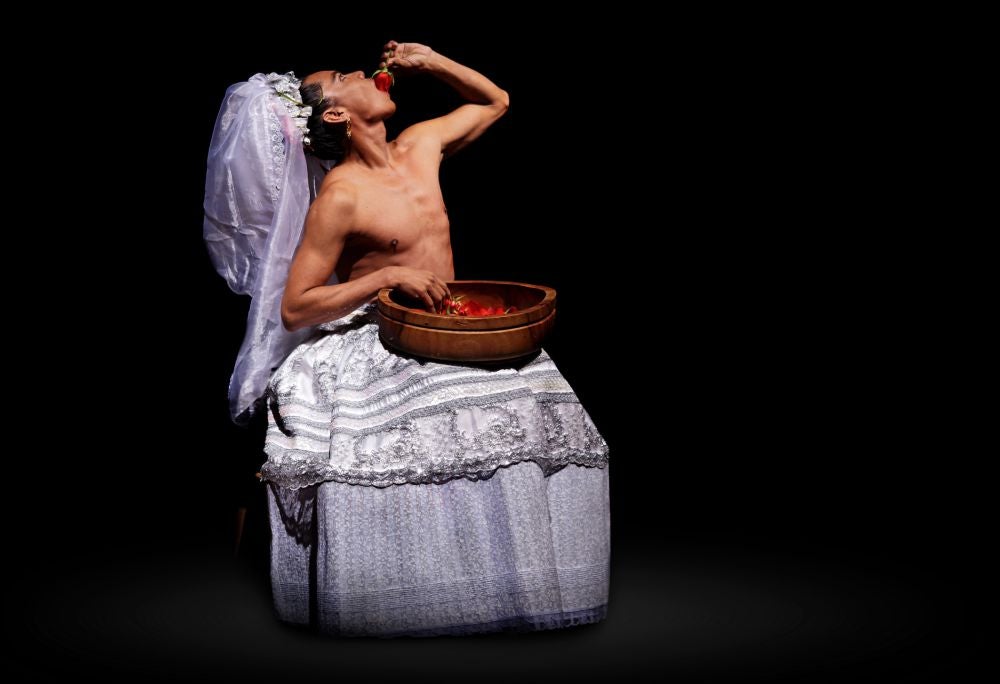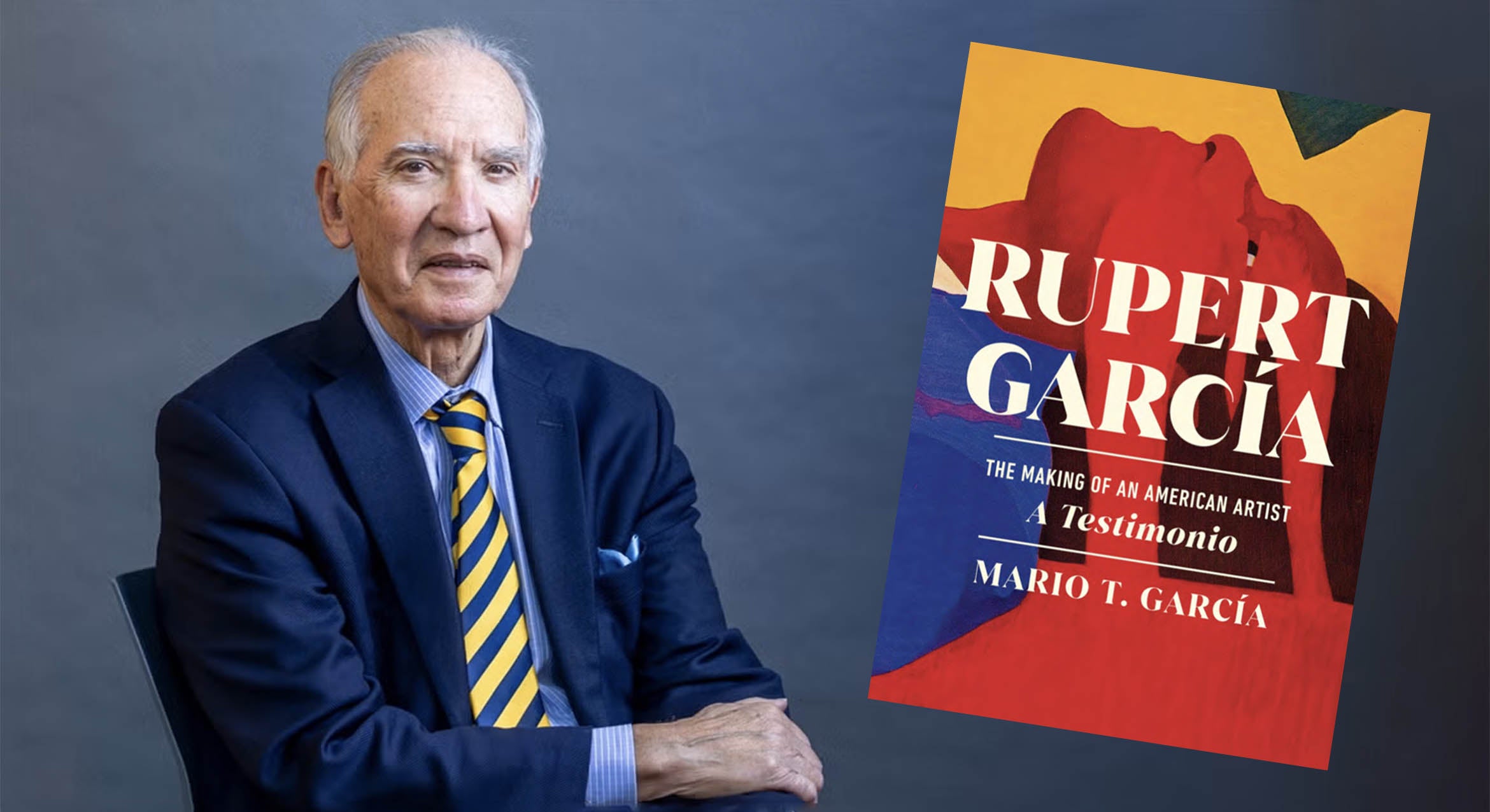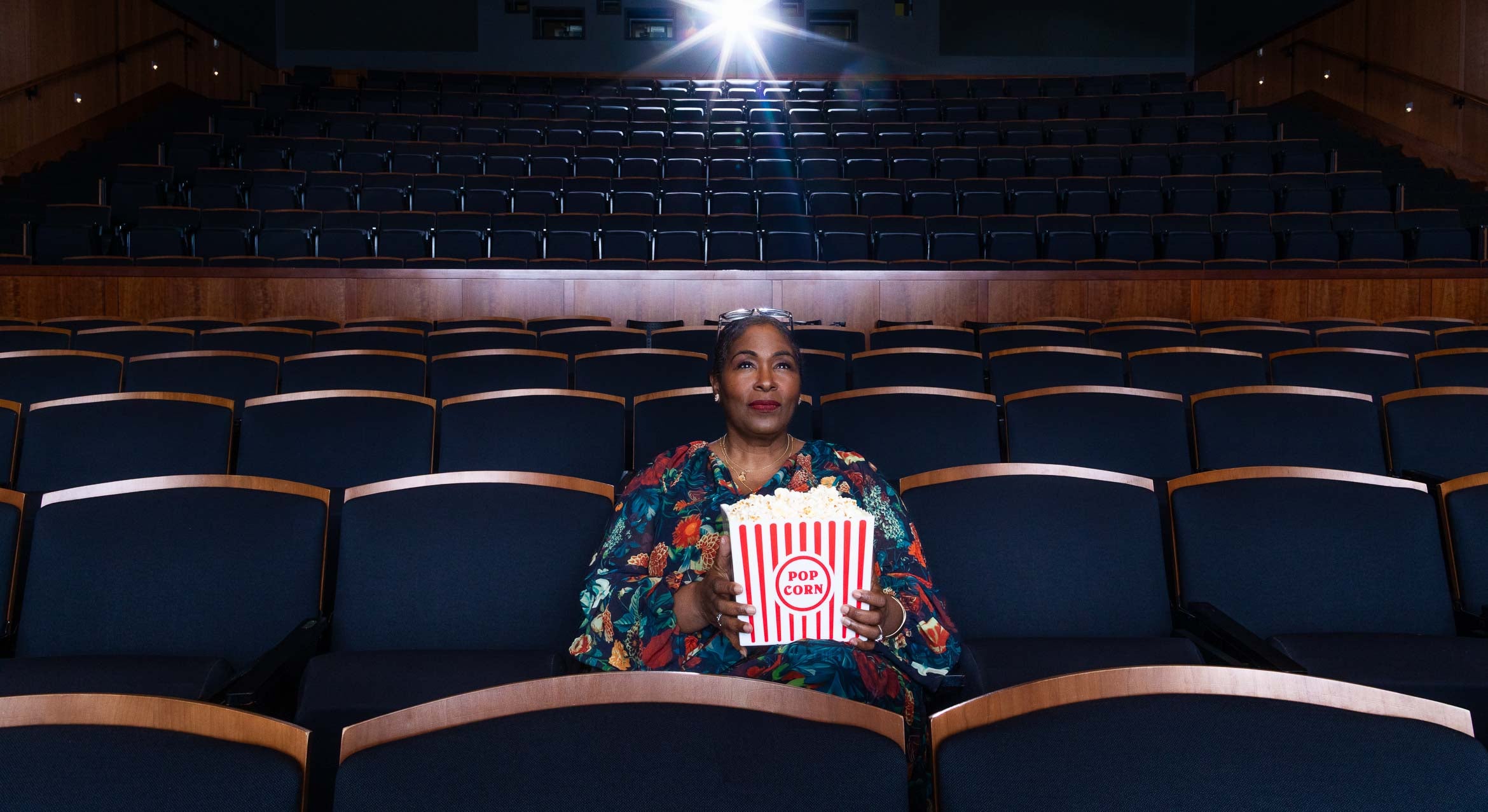Works of Art, Failure
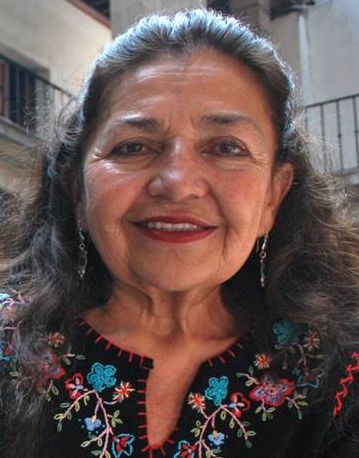
We call books of fiction, plays or musical compositions “works,” but sometimes they fail to move us. When that happens we say they “don’t work,” leaving us with a curious phenomenon: works that don’t work.
It’s a tension in literature and art that will be explored in the XXII Colloquium on Mexican Literature — “Literary (Dys)Functions”— a three-day conference presented by the Department of Spanish and Portuguese at UC Santa Barbara.
“ ‘(Dys)function’ is a play on words and something else,” said Sara Poot-Herrera, a professor in the department and director of the colloquium. “It’s about showing the success and failures in a composition. It happens in literature, in music, in painting, in sculpture, dance, architecture, photography and cinema.”
The 22nd colloquium, which is free and open to the public, will feature some 50 presentations in 13 sessions with scholars from the United States, Mexico and Latin America. It opens Thursday, Nov. 8, at 5 p.m. in UCSB’s Multicultural Center Lounge (MCC) and will continue Friday at McCune Conference Room on the sixth floor in the campus’s Humanities and Social Sciences Building and Saturday at the Alhemaca Theatre in Santa Barbara.
The year’s keynote speakers are two luminaries of Mexican literature: poet David Huerta and novelist Mario Bellatin. Huerta, one of Mexico’s most revered poets, will speak on “Poetas novohispanos” Friday night during Session One, 6:15-7:45 p.m. in the MCC. Bellatin, a widely celebrated and famously eccentric writer, will deliver a talk, “Mis nuevas escrituras, las nuevas escrituras” Saturday during Session Six, 12:30-2 p.m. in the McCune Conference Room.
This year’s colloquium will also offer an extraordinary opportunity to see Lukas Avendaño, a gender-bending Zapotec muxe performance artist. Presented by UCSB professor of theater and dance Carlos Morton, Avendaño will perform “No Soy Persona, Soy Mariposa” Friday at 7 p.m. in UCSB’s Ballet Studio next to the Performing Arts Theater. A reception preceding the performance will begin at 6:15. Seating is first-come, first-served.
In Zapotec culture, Poot-Herrera explained, muxe identity includes homosexuality, gayness and same-sex marriage as a part of the society. A muxe is a man who assumes affective, emotional and sexual roles that are culturally reserved for women. The muxeidad is both a veiled social acceptance and a celebration of what is still considered a transgression.
The colloquium will dedicate a memorial to Giorgio Perissinotto, a UCSB professor emeritus of Spanish and Portuguese who passed away in September. Viola Miglio, a UCSB professor of Spanish and Portuguese, will present the memorial in Friday’s opening session.
At the end of the colloquium, the winner of the Premio Excelencia en Las Letras José Emilio Pacheco (2019) will be announced. The writer will receive this prize at the Feria Internacional de la Lectura Estado de Yucatán (FILEY) in March 2019. Previous winners have been José Emilio Pacheco, Elena Poniatowska, Fernando del Paso, Juan Villoro, Cristina Rivera Garza and David Huerta.
The 22nd colloquium is also presented by UC-Mexicanistas, which is led by Poot-Herrera.
In September Poot-Herrera was honored at the Coordinación Nacional de Literatura de Bellas Arte (National Coordination of Literature of Mexico’s Institute of Fine Arts), at the Bellas Artes Palace in Mexico City, recognized for her years of work in the Department of Spanish and Portuguese, UC-Mexicanistas and more. Poniatowska, Huerta and Carmen Beatriz López Portillo, director of the University of the Cloister of Sor Juana, recounted Poot-Herrera’s many contributions to Mexican literature.
